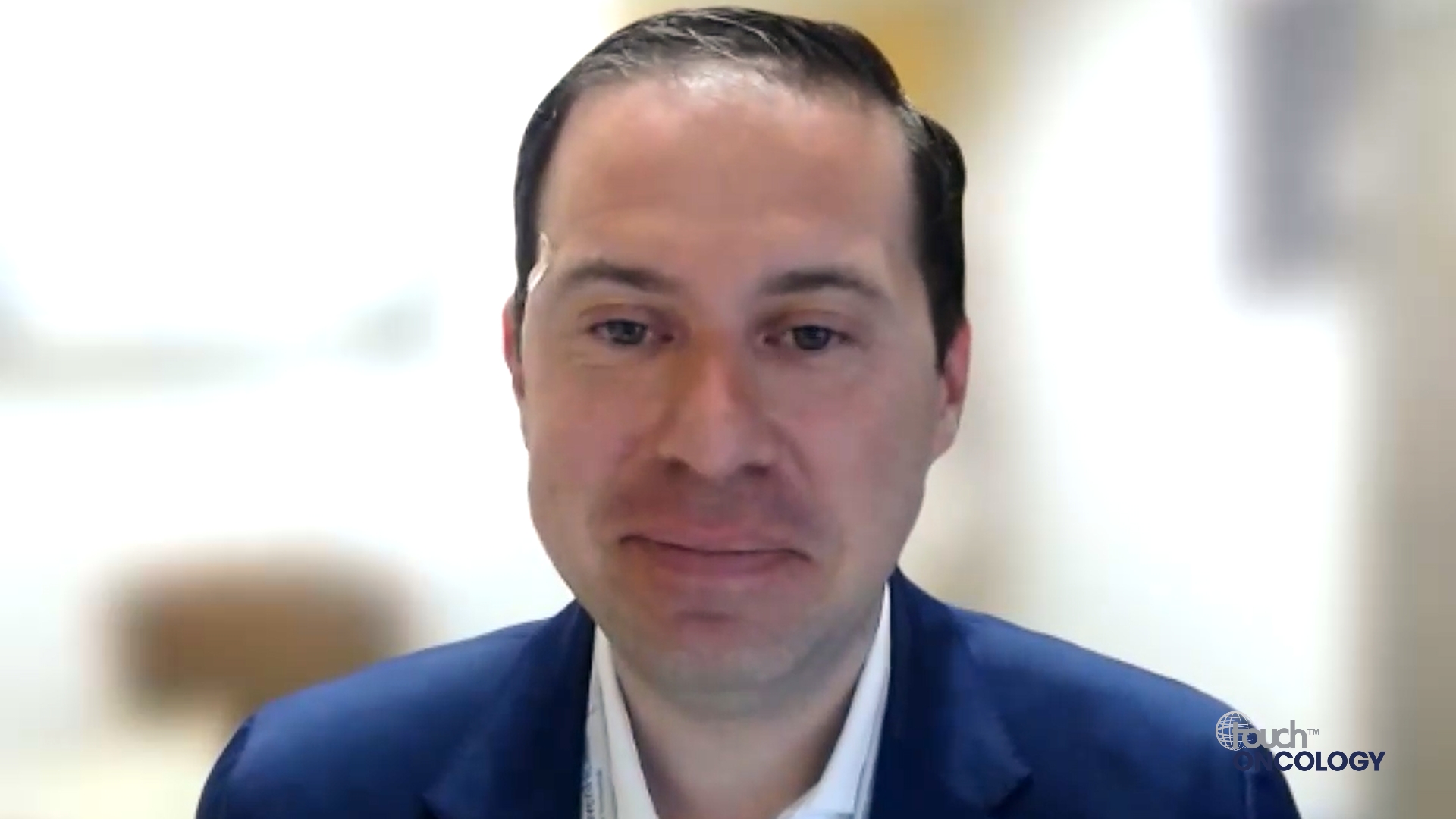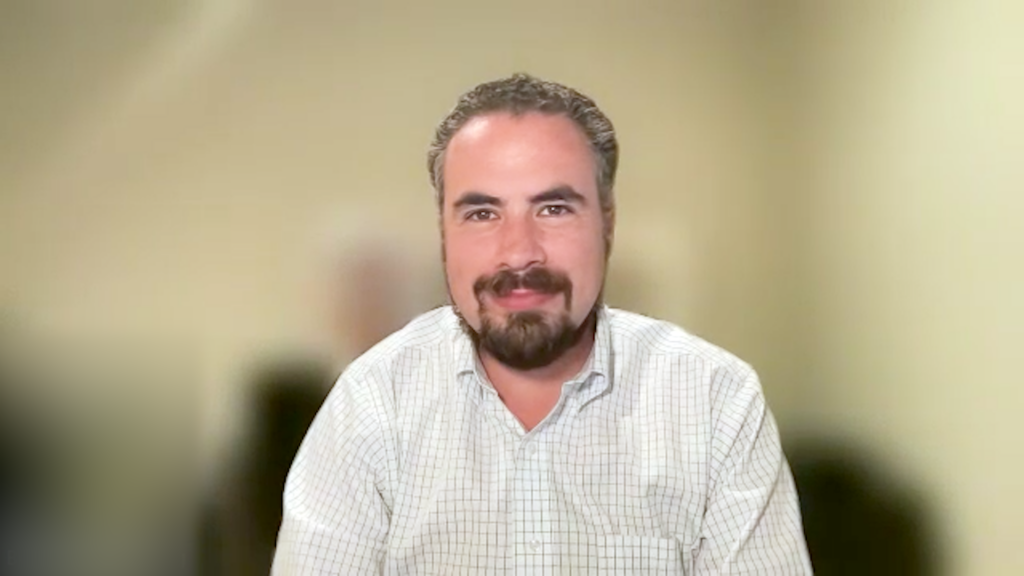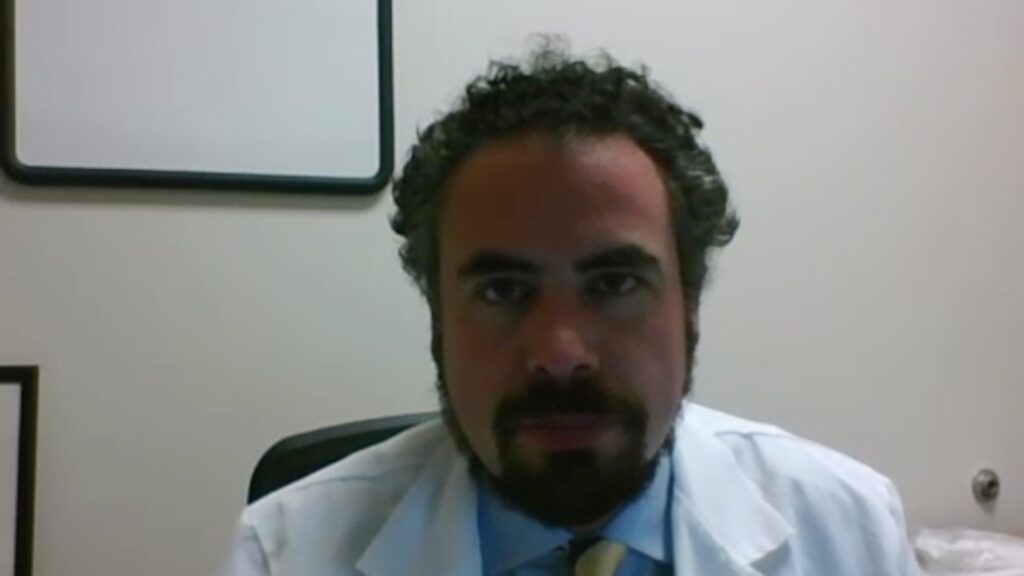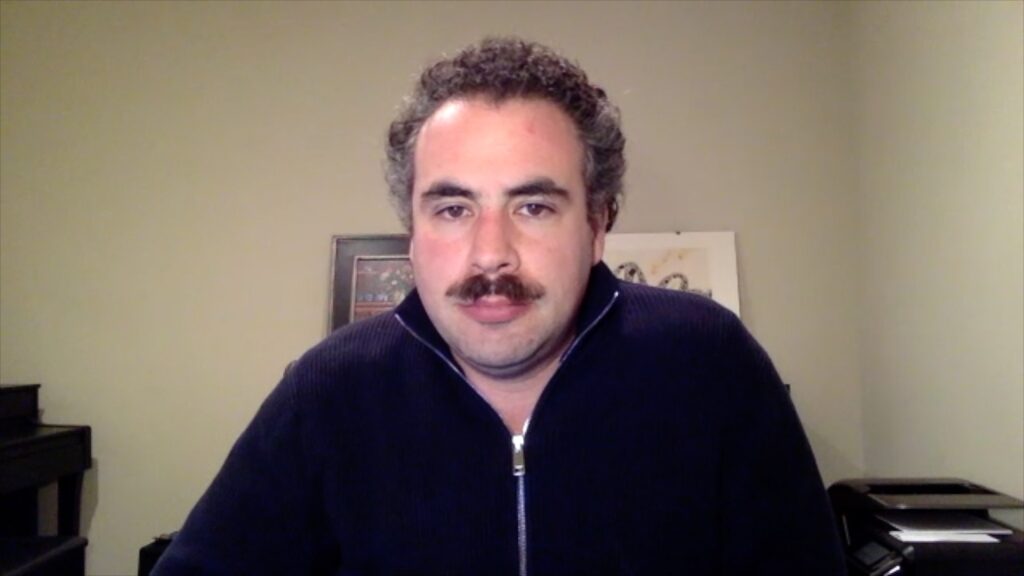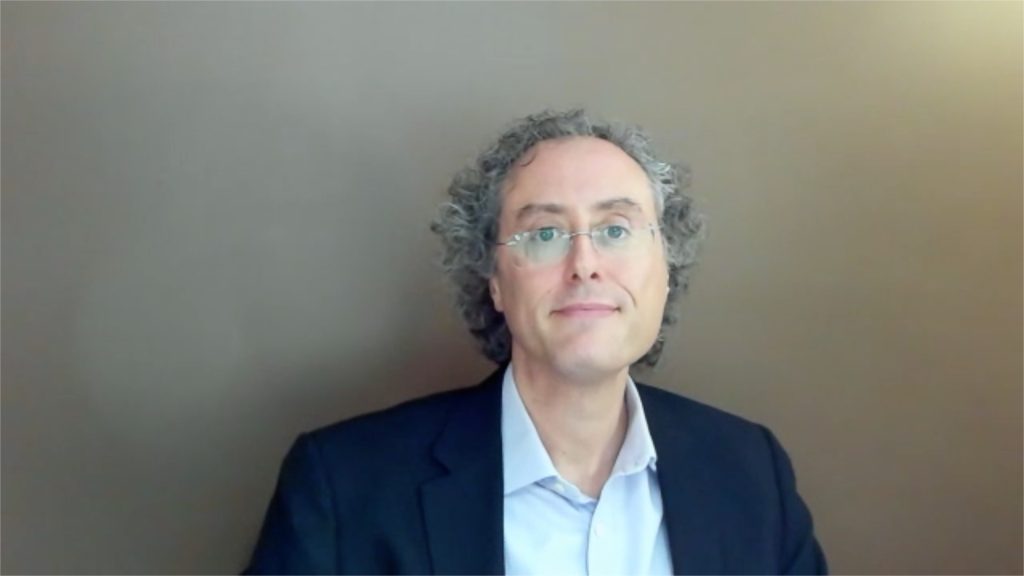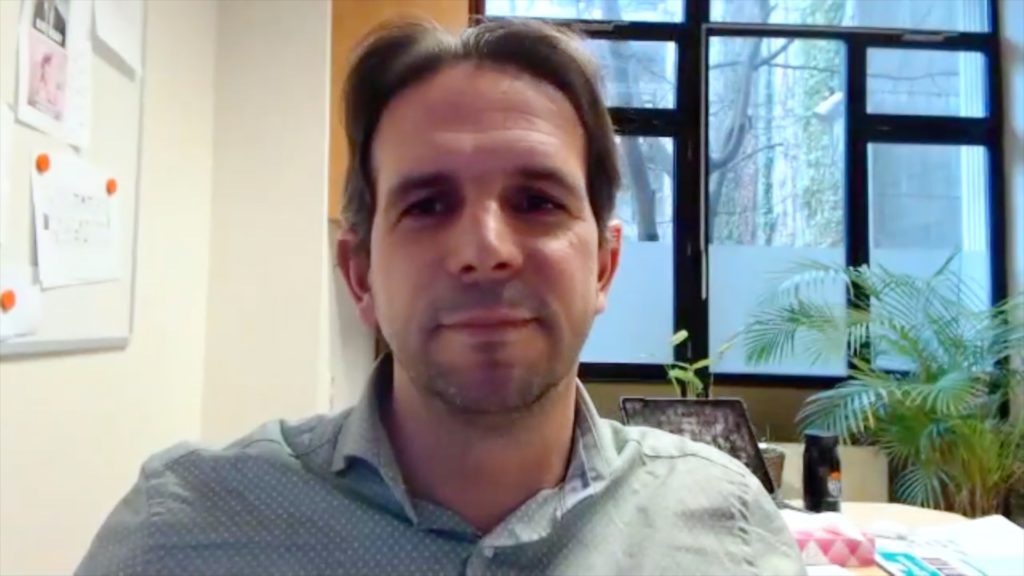The SOLISTICE phase III study aimed to assess trifluridine/tipiracil+bevacizumab in patients with unresectable metastatic colorectal cancer. In this touchONCOLOGY interview, we speak with Dr Thierry André (Hôpital Saint-Antoine, Paris, France) to discuss the rationale for the use of trifluridine/tipiracil+bevacizumab in patients with unresectable metastatic colorectal cancer, the secondary endpoint of overall survival and the key safety data.
The abstract entitled ‘Overall survival results for trifluridine/tipiracil plus bevacizumab vs capecitabine plus bevacizumab: Results from the phase 3 SOLSTICE study’ was presented at the American Society of Clinical Oncology Annual Meeting, 2–6, June 2023.
Questions:
- What is the rationale of using trifluridine/tipiracil+bevacizumab in patients with unresectable metastatic colorectal cancer? (0:22)
- What are the aims, design, and primary endpoint of the SOLSTICE trial? (1:11)
- What was the key secondary endpoint and the safety findings, and how well were they achieved? (2:08)
- What are the clinical implications of the findings you reported? (3:29)
Disclosures: Thierry André is a consultant for Bristol Myers Squibb, GamaMabs Pharma Sa, Gritstone Oncology, Merck & Co. Inc., Nordic Oncology, Seagen, Servier and Transgène; is on the advisory board for Gilead, GlaxoSmithKline, Merck & Co. Inc., Seagen and Servier; has received grant/research support from Bristol Myers Squibb and GlaxoSmithKline; has received honoraria from AstraZeneca, Bristol Myers Squibb, GlaxoSmithKline, Merck & Co. Inc., Merck Serono, Pierre Fabre, Roche, Sanofi, Seagen and Servier.
Support: Interview and filming supported by Touch Medical Media. Interview conducted by Danielle Crosby.
Filmed as a highlight of ASCO 2023
Access more content on Colorectal Cancer here
Transcript:
My name is Thierry André. I work in Paris, at the Saint-Antoine Hospital.
I work in a Medical Oncology Department – as the head of the department.
Q. What is the rationale of using trifluridine/tipiracil+bevacizumab in patients with unresectable metastatic colorectal cancer?
The rationale was to test, in the first line, the trifluridine/tipiracil plus bevacizumab as it was never done in phase III against cape (capecitabine) and bev (bevacizumab). But it is not in the usual population eligible for triplets or doubles. For particular populations, the population of elderly patients with poor performance status, it was possible to include in this trial, patients with stage 2, patients with comorbidity. It is also patients with a low tumour burden and also sometimes because it is the choice of the patient not to have the treatment.
Q. What are the aims, design, and primary endpoint of the SOLSTICE trial?
The aim was to evaluate, preferably, the percentage of bev versus cap plus bev. In the first line, in metastatic colorectal cancer. In the population I explained are people not eligible for doublet or triplets.
It’s anonymized 1:1, and the primary endpoint was the progression free survival (PFS), and the PFS was published last year in a Lancet Oncology, and the results are the same PFS between the plus arm, not a superiority, but exactly the same with PFS at 9.4 months for trifluridine/tipiracil and bev, and 9.3 months for cape plus bev, we have our ratio at 0.87.
Q. What was the key secondary endpoint and the safety findings, and how well were they achieved?
The second endpoint was overall survival, and it was the goal of the presentation at ASCO Meeting and the overall survival is exactly the same between the two therapies. It is 19 months in both arms. As our ratio is 1.06, really no difference between the two regimens.
Concerning the toxicity, it is really two different toxicities. It is neutropenia and leukopenia for trifluridine/tipiracil and bev, and it is hand-and-foot syndrome for cape plus bev. It is really two different toxicities, and it is also two different regimen because trifluridine/tipiracil and bev is every 15 days, and trifluridine/tipiracil is a 5 day therapy, and after 2 weeks free.
For cape, it is 3 weeks so it is 2 weeks of cape, and 1 week free and bev every 3 weeks.
Q. What are the clinical implications of the findings you reported?
The important thing is we now have a different and manageable safety profile, trifluridine/tipiracil plus bev for example, a feasible alternative to cape-bev in the first line in this particular population of patients.
This study was the first with a lot of patients because it is 856 patients included worldwide, in a very special population: Elderly, stage 2, comorbidity, and low tumour burden, and it is relatively important to see that the PFS is pretty good. It is 9.4 months, which is really good.
It is important because it is clear that it is not a new standard in this population trifluridine/tipiracil plus bev. But it is alternative and it was also important because it is now a standard of care in cell line.
Clearly to reserve trifluridine/tipiracil for first line, is now the standard, and it was important to have a phase III to see the efficacy of this combination and to hope but it is not the case, that trifluridine/tipiracil will be a combination for first line.
To add the fact that it is a good combination, it is clear that all trials with a combination of trifluridine and bevacuzimab demonstrated a good efficacy and really increase efficacy of trifluridine when we add on TEGF like bev, it is not a new demonstration because it was not with or without bev, but it is a striations that it is equivalent to cape-bev and it is a demonstration that is a good combination.
Subtitles and transcript are auto generated

